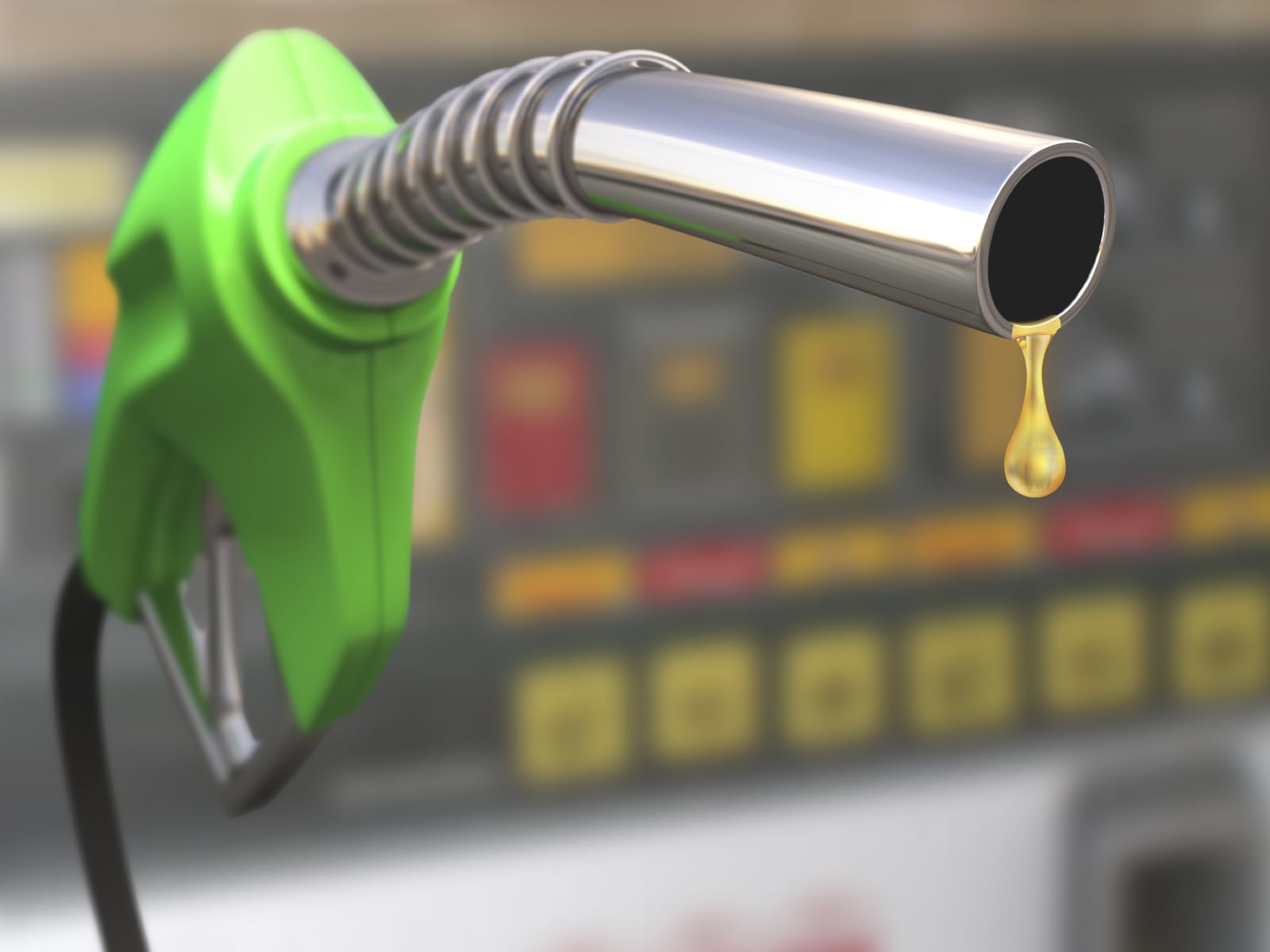Fuel-efficient driving can check your fuel price woes

Turn off the engine if you will be stopping for more than two minutes in order to save fuel. PHOTO | COURTESY
While several newer cars are quite efficient and as one would say simply sip fuel, they still account for a very small percentage of cars in Uganda.
For many people who are driving fuel guzzlers including SUVs, premium high-end cars or old inefficient cars especially, times are sometimes tough at the pump.
Even owners of smaller cars feel the pinch. But let’s face it, you cannot just walk away from your car, even if it does use more fuel than you would like.
Furthermore, many people simply need specific cars for different reasons such as family, work, lifestyle etc.
What qualifies as fuel efficient?
Anything that is listed as less than six-litres/100km or more than 16.5km/1-litre is considered to be pretty good.
The first (and most common) reference is litres per 100km (litres/100km). This is how many litres of fuel the car needs in order to travel 100km. You’ll often see it referred to as ‘fuel economy’. Rule of thumb on this one: the lower the number of litres stated, the better the fuel economy.
Not as frequently used, kilometres per litre (km/1-litre) is another way to look at a car’s fuel consumption. In this instance, the higher the number of kilometres travelled the more fuel-efficient.
Instead of dwelling on what the government can or has to do for us regarding the fuel prices, it’s fortunate for us to know that there are ways for drivers to fight these high fuel prices, no matter what kind of car they own.
The idea is to maximize your mileage by driving fuel efficiently, and contrary to what you may think, this does not mean you have to crawl around at Sunday-drive speeds.
What I mean by “fuel efficient” driving is combining smooth driving techniques with basic car maintenance.
Specifically, here are some other techniques that you can employ to reduce your car’s fuel consumption.
Reduce engine load
Logically a key factor in reducing fuel consumption is the load placed on your car’s engine.
Reduce the load, and you will reduce the fuel it requires. In practice, this means adopting a smooth and even driving style. Flooring the pedal for rapid acceleration at the lights uses considerably more fuel yet moderate acceleration uses less fuel.
The so called “jackrabbit” starts from the lights just to stop in the next few seconds equate to a less than five-minute time saving in an hour, but a huge increase in fuel consumption. In short accelerate smoothly, brake in good time, and try to maintain an even speed.
Avoid unnecessary idling. Perhaps when driving in traffic but turn off your car when waiting for extended periods of time. Just turn off the engine if you are going to be stopping for more than two minutes.
Leave for work early or arrange to start late to avoid having to sit idling in traffic during peak periods.
Maintain proper tyre pressure
Under-inflated tyres are another often ignored problem that becomes only apparent when the tyre is flat. Check your tyre pressure habitually and it shall save you some money at the pump.
Minimise use of the air conditioning
Use it selectively to reduce the load on the engine. Decreasing your usage of the air conditioner shall give you significant fuel mileage gains. Drive with the windows down. Park in the shade to keep car cool and reduce the need for air conditioning.
Of course sometimes it is scorching hot outside and you really do not want to have your entire back drenched with perspiration, so you need the air conditioning on.
Engine condition and air filter
Keep your car’s engine in good condition.
A key component is the air filter, an inexpensive part that can increase fuel consumption if clogged. It’s a simple fix.
It turns out, though, that “fuel efficient” driving in the city is often hard to achieve. Too many stops, uncoordinated traffic officers directing traffic, altercations with taxi drivers etc meaning that you are bound to continuously stop and start (increasing the load on the engine) however with practice and calm driving you are sure to achieve better mileage.
Understand your car and how it works
All tips do not work the same for all cars, or for all situations. For instance, big engine cars are more fuel efficient at higher speeds than in stop and go traffic.
The principle really is to give your engine “free flow” as it works. Any extra load suffocation or struggle in its workings caused by any number of factors including those mentioned above shall make is consume fuel at levels that are not optimal.
Try to challenge yourself by adopting a fuel-efficient driving style. The results shall not disappoint.
Finally, one tip that is to change your commute time.
Leave home early and leave work early. This eliminates your drive through traffic jam giving you a smooth drive.




